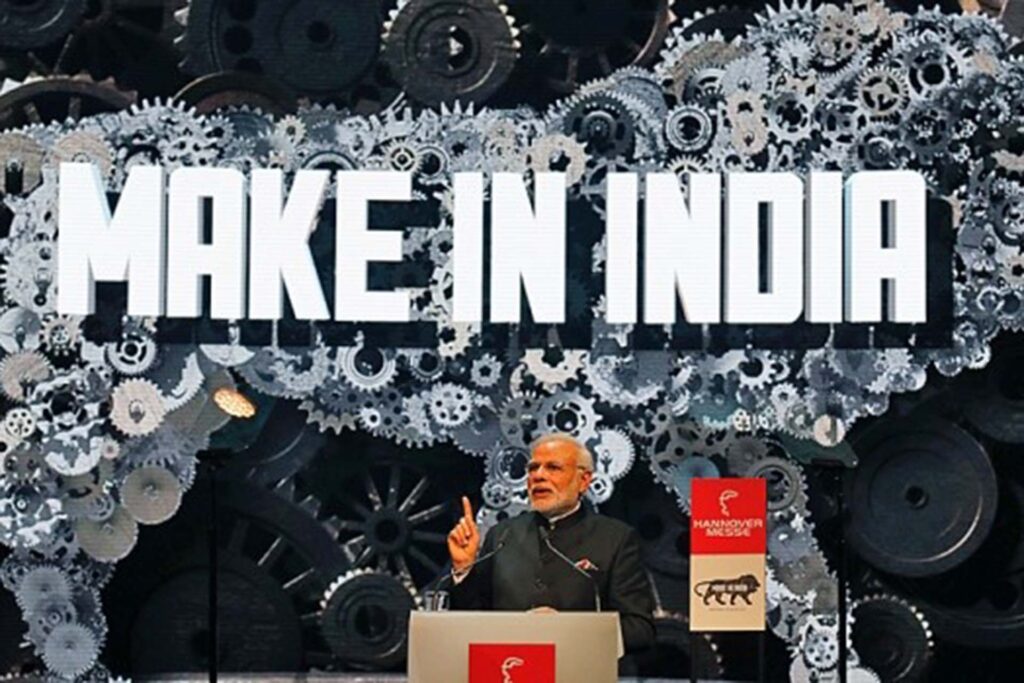The High Commissioner of India to Canada comes to the Empire Club this week. In Vishnu Prakash, Canada gets one of India’s most accomplished diplomats, a man who has served his country all over the world from Moscow to New York, Tokyo to Cairo, Shanghai to Seoul. Everywhere he has served, there have been major advancements made for his country in economic and trade portfolios, to the point where no one was surprised when he received the title “Ambassador of the Year” in 2014 from the Asia Society at the Korea Centre in Seoul. He is, truly, a man of the world with a son in New York and a daughter in California, and he even will tell you that travel remains one of his greatest passions in life.
Since Prime Minister Modi’s rock-star reception in Canada earlier this year, our citizens were made fully aware of the important links that bind our two nations. The story of Indo-Canadian relations goes back many decades, to be sure, but it was in the 1990s that this friendship began to deepen when India instituted major reforms to its economy centered around large economic liberalization. During that decade, numerous cabinet ministers, a Prime Minister, and countless Canadian business leaders visited the world’s largest democracy, seeking to open doors and increase economic activity between our two nations. By 2011, we had such a solid relationship that it was dubbed the “Year of India in Canada”, a joint initiative by both governments. In the interim, Canada also welcomed thousands of new Canadians from the subcontinent, and we saw in every City new cultural centers, restaurants, and businesses. Many of us even began to enjoy Bollywood films and magical new music experiences, enriching the social and economic fabric of our country. It has, by almost all accounts, been a friendship that has just gotten better with age.
When you delve into the archives of the Empire Club of Canada, the subject of India has been at the top of our hit parade from the very beginning of our history, and countless speakers over the past 112 years have stood at this podium and recounted to our countrymen the various stages of progress enjoyed by Delhi. We often refer to June 20th, 1973, as one of the defining moments in our Club’s history, the day that Prime Minister Indira Gandhi addressed the Club in Toronto after making a historical visit and speech to our Parliament. Her speech was entitled “Democracy in India”, and its purpose was to bring to the attention of all Canadians how much India had to offer to the world, in spite of its many challenges. Here is a quote from that very famous speech:
“The founding fathers of our nation asked the question: Can India become a modern nation without sacrificing harmony and human values, without being caught up in the pursuit of possessions?
The answer is: India can and will and this is what we are working for.
India has given much to human civilization. Even in the dark age of colonial subjection, we had men of radiance. A nation which comprises one-seventh of mankind must have some contribution to make. It can do so when its millions are given the opportunity of developing their personalities. The transfer of scientific knowledge has brought with it a strong imitative propensity. Increasing awareness of conditions elsewhere has spread dissatisfaction with conditions at home, but I see also a tremendous upsurge of confidence and creative endeavour in our young people.”
Prime Minister Gandhi was effusive in thanking Canadians for all they had given India and for the warm reception that she received here, but Canadians were starting to realize increasingly that we also owed a great deal to them, a fact that even emerged in our popular culture with such famous song lyrics as “Thank you India!” as sung by our own Alanis Morrisette. This new mutual respect is where we stand today as we welcome Ambassador Prakash to our podium to answer the question “What’s next for the world’s fastest-growing large economy?” We should listen to him carefully, as India’s success will increasingly be closely related to our own.


